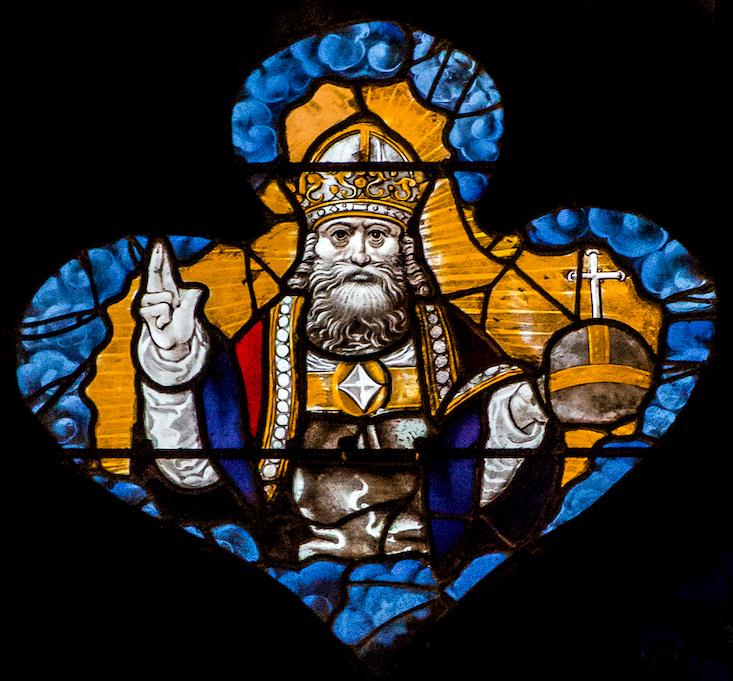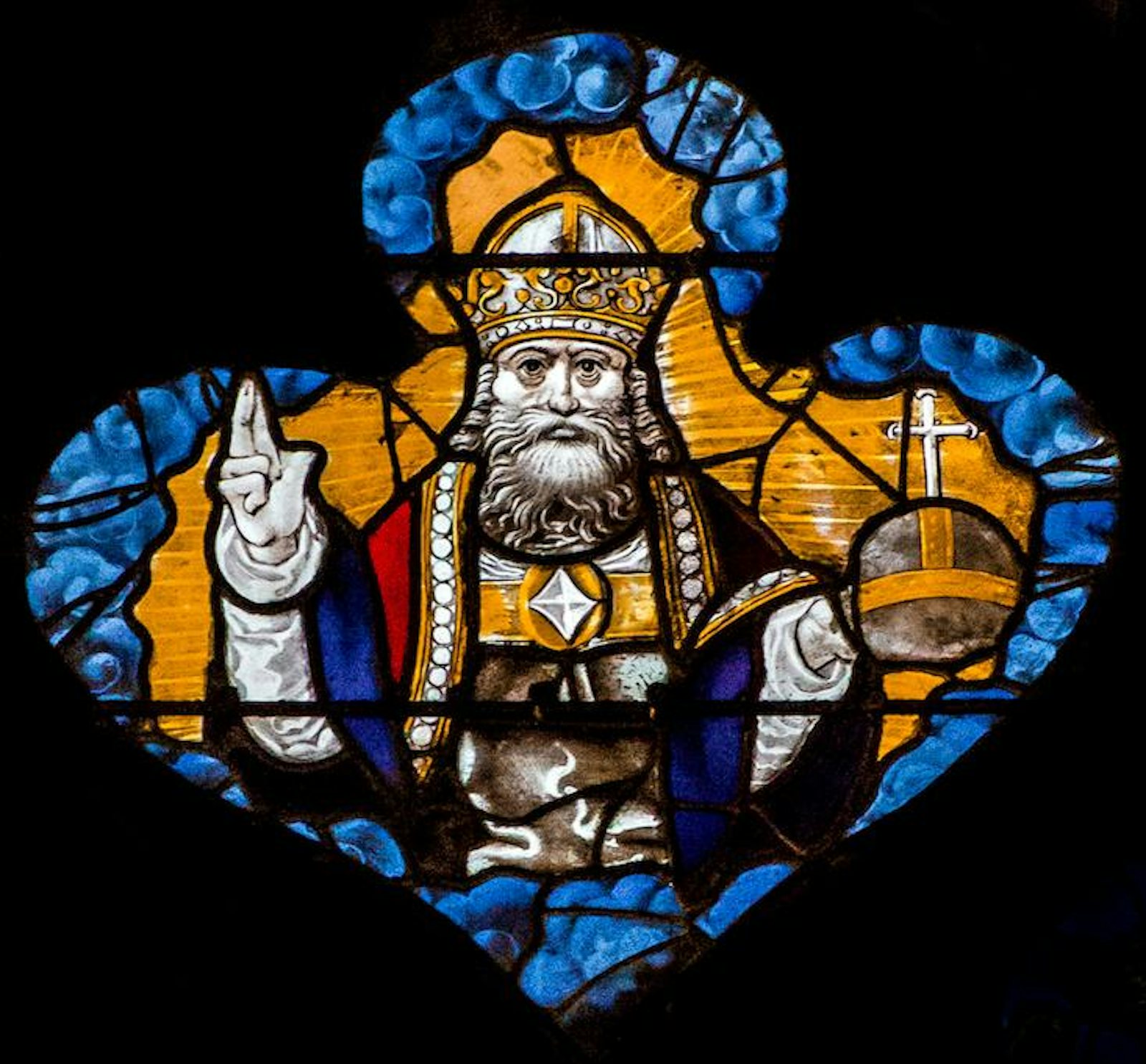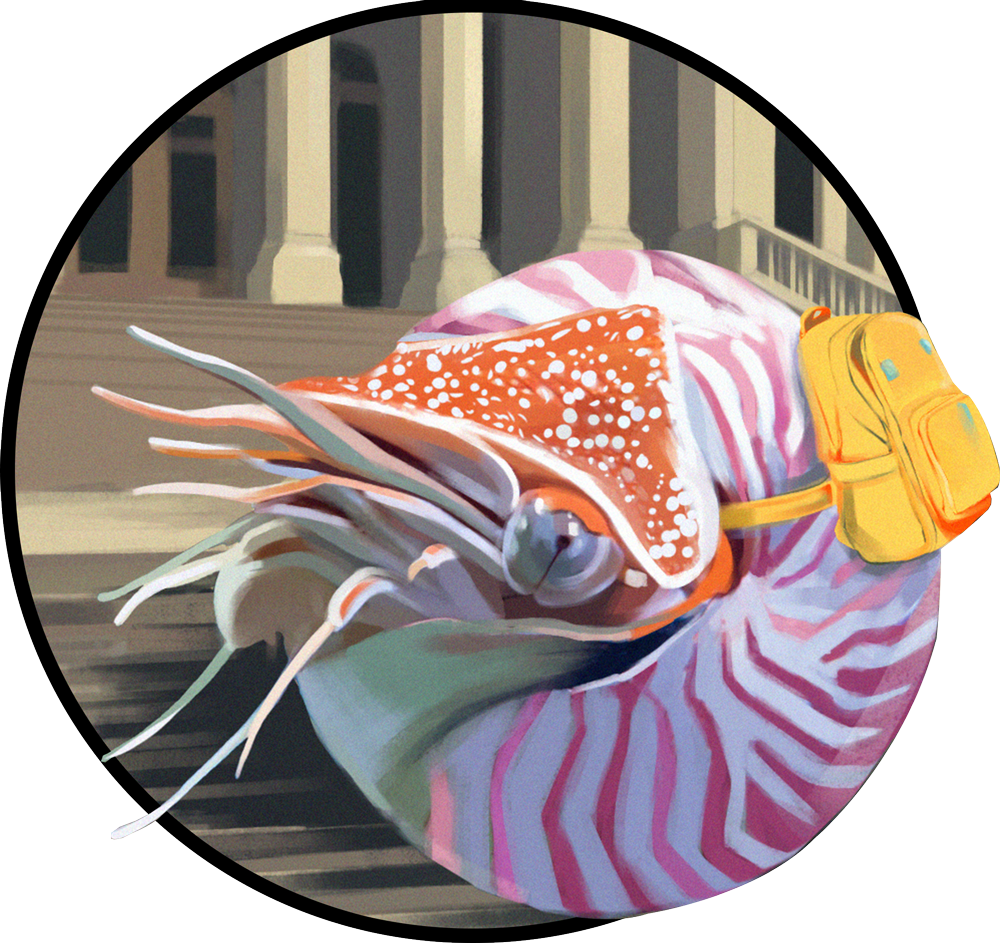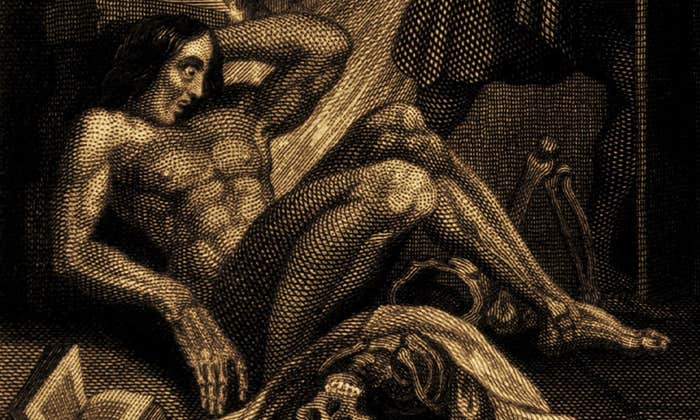
On the evening of November 23rd, 1654, the brilliant polymath Blaise Pascal was thrown from his horse-drawn carriage, the creatures having been frightened by a thunderstorm. The horses fell off the bridge they had been crossing into the turbulent river below, and Pascal was left dazed in the road.
That night, toward the midnight hour, a grateful 31-year-old Pascal (who was still recovering from, and spiritually reflecting on, the death of his beloved father three years before) had an intense, mystical vision for close to two hours. Following the vision, Pascal wrote on a piece of parchment, “Fire. God of Abraham, God of Isaac, God of Jacob, not of the philosophers and the scholars…Joy, joy, joy, tears of joy… This is life eternal that they might know you, the only true God.” He sewed the parchment into the lining of his coat, and seemed to have carefully moved it to new garments every time he changed his clothes. He told no one—a servant found it in the last jacket he wore, years after he died.
Pascal may have almost died that day, and he was supremely lucky to have not, but he also believed that he was lucky in another way as well; for this singular event so focused his mind that all of the spiritual writing he had been drawn to during years of his father’s illness was crystallized. He believed the incident had saved his soul as surely as blind chance had saved his body on that bridge over stormy waters. Inspired by that experience, he would go on to place luck at the center of his Christian apologetics.
“If you gain, you gain all; if you lose, you lose nothing. Wager, then, without hesitation that He is.”
Pascal’s theological masterpiece Pensees (or “Thoughts”) was where he elaborated on one of his most famous concepts, born out of an obsession with gambling inculcated during his libertine years, between his father’s death and his conversion. (Pascal was the inventor of a type of early roulette.) From this strange union of luck and theology Pascal conceived his infamous and celebrated “wager,” the argument not for the rationality of God, but for the rationality of belief in God.
Reflecting the skepticism of the age, Pascal affirmed that we are “incapable of knowing either what He is or if He is.” The patristic churchmen and medieval scholastics had used gallons of ink and yards of vellum to rationally prove the existence of God, but prefiguring Immanuel Kant’s Critique of Pure Reason a century later, Pascal claimed that such proofs were for naught. Between humankind’s apprehension and the true nature of reality, there is, he said, “an infinite chaos which separate[s] us.” But the mechanism for one’s own personal faith can be supremely rational, and to make his case, Pascal returned us to the smoky gambling dens of his youthful indiscretions.
Pascal reasoned that life is a sort of “game,” and that our faith in God, or lack-there-of, is our wager as to the ultimate nature of reality—and what we stand to win (or lose) is nothing less than eternal life. Imagine that all of reality rides on a coin-toss, with one side of the coin affixed with the phrase “God Exists” and the other “God Does Not Exist.” The question that Pascal asked is, “What will you wager?”
The essence of his thought experiment was that if one wagers that God does exist, and He does not, the gambler loses comparatively little (perhaps a bit of wine, women, and song, as Pascal may have enjoyed during his wild years). However, if one makes the bet that God does exist, and that coin lands heads-up, then the gambler is rewarded with an eternity in paradise. On the other hand, bet rightly that God does not exist, and you’ve gained very little (again, a life of finite pleasures). Bet wrongly that God does not exist, then you are punished with eternal damnation.
Pascal wrote, “There is here an infinity of an infinitely happy life to gain, a chance of gain against a finite number of chances of loss, and what you stake is finite.” According to the philosopher it would be irrational not to place your bet on God. “If you gain, you gain all; if you lose, you lose nothing. Wager, then, without hesitation that He is.” You might think of the wager as some sort of medieval throwback, akin to speculating about how many angels could dance on the head of a pin. But it’s not a product of some irrational pre-modern past. I think that—whether we find it convincing or not—Pascal’s wager was consummately modern, and could only be a product of a world that was undergoing rapid intellectual changes.
In earlier cultures, Pascal’s wager would serve no purpose: Pre-modern men and woman would have taken belief as a matter of course. (The late historian Peter Laslett writes, in The World We Have Lost, “All our ancestors were literal believers, all of the time.” The classicist Tim Whitmarsh, though, has claimed that ancient Greece and Rome were home to a dynamic atheistic possibility.) That’s why the famous medieval proofs of God’s existence written by scholastic theologians were not intended to convince anyone of God’s existence. They were written as rational expressions of God’s elegance and beauty, meant not to defend but to glorify. Pascal, on the other hand, offered a rhetorical or psychological argument. Unlike the medieval proofs, his claim that it is more reasonable to believe implied that disbelief is a potential option.
The great French historian Lucien Febvre explained in detail how “atheism” wasn’t a conceptual possibility until relatively recently in The Problem of Unbelief in the Sixteenth Century. Words like “atheist” don’t appear until 1502 in Latin, 1549 in French, and 1561 in English. “Materialist” did not appear until 1668, and “freethinker” not until 1692. The word “agnostic” wouldn’t appear until the 19th century. And while it’s fair to argue that concepts can exist before the terminology to describe them does, it’s notable that even when the word “atheist” was used in the 16th century, it was always used to describe others, and never the author’s position.
Also, “atheist” in these earlier times meant something different from what it means today; somebody who denied the “correct” understanding of God, rather than someone who believed that the universe was comprehensible only in materialist terms. If we discount the lost, and most likely apocryphal, anonymous 12th-century pamphlet titled Treatise of the Three Imposters (the imposters being Jesus, Moses, and Muhammad), there is no open declaration of atheism until well into the 18th century. Before this, while the possibility of atheists existing could be entertained, they loomed more as a theological boogeyman, as there is a seeming dearth of any actual atheists.
So you might say Pascal’s wager arrived when the time was ripe. David Wootton says that the early modern period saw “an epistemological break, a conceptual caesura” which allowed for the possibility of unbelief. And where there is the possibility of unbelief, there is the need for arguments to shore up faith with something like Pascal’s wager. Pascal’s wager was neither scientific nor anti-scientific—the wager and science were both products of the same modernizing impulse.
Ed Simon is a PhD candidate in English at Lehigh University who studies 17th-century literature and religion. He has been widely published at a variety of sites, including The Atlantic, The Paris Review Daily, Aeon, The Revealer, LitHub, and The Millions. He can be followed at his website, or on Twitter @WithEdSimon.
WATCH: The theoretical physicist—and noted atheist—Lawrence Krauss shares his view of religious scientists.





























